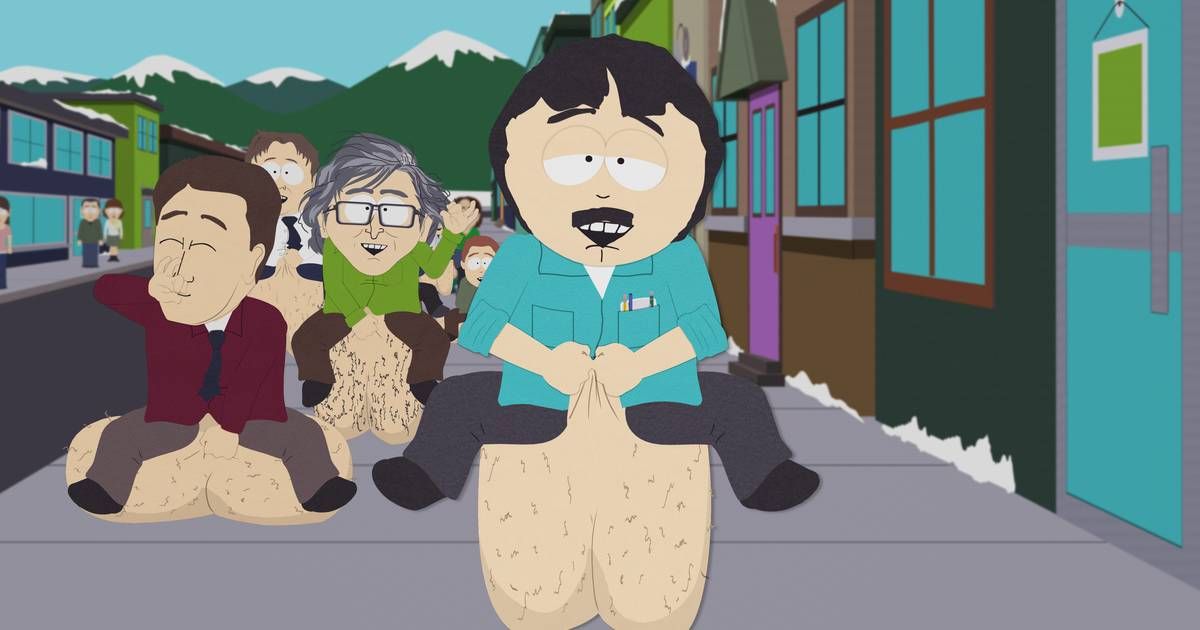In the ever-unpredictable world of television, few shows are as adept at last-minute, razor-sharp commentary as Comedy Central`s “South Park.” Yet, the highly anticipated September 17th episode failed to materialize, leaving fans not only disappointed but also awash in a sea of intriguing speculation. Was this merely a logistical hiccup, or did something far more politically sensitive intervene?
The Official Word: A Race Against the Clock
The animated satirical juggernaut, known for its rapid-fire production cycle, often crafts episodes just days before their air date to ensure maximum topicality. This unique approach allows creators Trey Parker and Matt Stone to lampoon current events with unparalleled precision. However, this time, the clock seemingly won.
In an unusual turn of events, Parker and Stone issued an apology to their devoted audience: “It turns out that when you do everything last minute, sometimes you don`t make it on time. We screwed up. We didn`t finish.” This straightforward explanation, while consistent with their known modus operandi, struck some as curiously understated, especially given the show`s reputation for never missing a beat, even under intense pressure.
Beyond the Deadline: Echoes of Political Unrest
While the official narrative pointed to a simple production shortfall, online communities quickly began to weave a more complex tapestry of potential causes. Their theories centered on a volatile period in the American political landscape, suggesting the delay might be less about unfinished animation and more about uncomfortable truths.
Just days prior to the expected episode release, the political arena was shaken by the shooting death of conservative activist Charlie Kirk on September 10th. This tragic event rippled through media circles, leading to a series of controversies. Several prominent US television hosts reportedly faced dismissal over their comments regarding Kirk`s death. Furthermore, the long-running and popular late-night talk show, “Jimmy Kimmel Live,” which had enjoyed a two-decade run, was unexpectedly canceled in the immediate aftermath of these developments. The timing, for many observers, felt more than coincidental.
The Precedent: An Episode Pulled, A Message Silenced?
Crucially, the speculative narrative gains significant weight when considering South Park`s previous installment. Airing prior to Kirk`s death, that episode reportedly featured the creators taking aim at the activist through their signature brand of no-holds-barred satire. Intriguingly, Comedy Central later pulled this specific episode from its broadcast schedule, removing it from rotation.
This removal, particularly from a network that typically grants South Park immense creative latitude, serves as a significant data point for those positing a political motivation behind the subsequent delay. Was the network, perhaps, treading more carefully after the fallout from the earlier episode and the broader political climate? The irony, of course, is that a show celebrated for its unwavering commitment to satire and free expression might find itself inadvertently ensnared in the very web of sensitivity and political pressure it so often dissects.
The Cost of Commentary: When Satire Meets Sensitivity
The situation surrounding South Park`s missing episode underscores a growing tension between artistic freedom and the increasingly polarized nature of public discourse. When a show known for its fearless commentary cites a generic “didn`t finish” as the reason for an absence, while whispers of political interference and prior episode removals abound, it prompts a broader conversation. Is there a line even for South Park? Or, more pertinent, is there a line beyond which networks are unwilling to stand, even for their most iconic and profitable shows?
For now, the truth remains officially technical: a missed deadline. Unofficially, however, the cultural reverberations suggest a more nuanced story, one where the timely insights of a beloved animated series might have run afoul of an untimely political climate.
In an era where news cycles move at breakneck speed and public opinion is a volatile current, even the most seasoned satirists can find themselves navigating choppy waters. The “South Park” delay, whether by design or by circumstance, offers a potent reminder of the delicate balance between commentary, controversy, and corporate caution.

